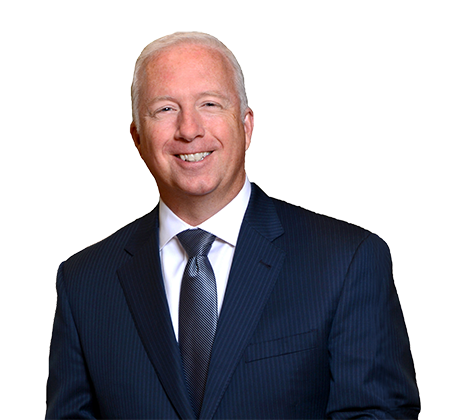On June 27, 2018, the New Jersey Supreme Court issued a decision in Continental Ins. Co. v. Honeywell Int’l, Inc., __ N.J. __, Docket No. A-21-16, which is noteworthy for two reasons. First, it reaffirms longstanding New Jersey choice of law rules applicable to insurance coverage disputes – namely that New Jersey rejects the law of the site of contracting approach. Second, in cases involving a continuous trigger, the Court held that a policyholder need not contribute to its defense and indemnity for portions of the trigger period when it was uninsured if it can demonstrate that insurance was unavailable, even when the policyholder continued to manufacture the dangerous product giving rise to its liability after the time when insurance became unavailable.
The Continental case arose out of a dispute concerning insurance coverage owed to Honeywell Int’l, Inc. (Honeywell), a New Jersey based company, for thousands of nationwide bodily injury claims alleging exposure to brake and clutch pads containing asbestos.
First, the Court examined which state’s law applied to govern the dispute as between New Jersey and Michigan. This choice of law analysis controlled the allocation model utilized to resolve defense and indemnity payments for the outstanding underlying claims. Although the policies were issued in Michigan, the Court declined to apply Michigan law, explaining that in the insurance coverage context New Jersey courts have repeatedly rejected the “mechanical and inflexible” place of contracting rule to determine choice of law. The Court then explained that courts should ordinarily look to the “principal location of the insured risk” in insurance coverage disputes, but in more complex cases involving a “transient risk,” courts should analyze the competing interests of the states and parties. In other words, “[t]he question is whether New Jersey’s relationship with the case is sufficiently significant to warrant application of New Jersey law.” The Court found that such a relationship with New Jersey existed based on Honeywell’s longstanding domicile in this state, its liability as a New Jersey corporation for the underlying asbestos claims, and the fact that the insurers’ contractual defense and indemnification obligations under their policies occurred in New Jersey. The Court further noted that New Jersey had a public interest in having its allocation methodology under Owens-Illinois apply because it maximized insurance resources, whereas the Court could not determine Michigan’s state interest in having its allocation methodology apply in a dispute that no longer involved a Michigan-based company.
Second, the Court examined whether there should be an “equitable exception” to the so-called “unavailability rule” set forth by the Supreme Court in Owens-Illinois. Under Owens-Illinois’ allocation scheme, an insured is responsible for its pro rata share of defense and indemnity payments during periods that it did not purchase insurance. Under the “unavailability rule,” however, a policyholder is not responsible for its pro rata share of liability during that portion of a trigger period when insurance was commercially unavailable. Honeywell’s excess insurers argued that there should be an equitable exception to this rule (imposing a pro rata responsibility back on the insured) in cases where insureds continue to manufacture dangerous products after insurance becomes unavailable for those products.
In rejecting the insurers’ arguments, the Court explained that the Owens-Illinois “unavailability rule” was well-established and comported with the original public policy objectives intended by the Court’s allocation system. The Court further explained that the particular facts before it did not warrant the creation of such an exception because all of the underlying claims at issue involved initial exposure to the injured claimants during the applicable excess policy periods, and not during the time when insurance was no longer available. The Court concluded that, in these circumstances, to bypass the unavailability rule would “retroactively deprive parties of paid-for insurance coverage due to their post coverage-period conduct.”
The decision is available for download here.
Feel free to call any member of our team if you have questions concerning this case or its effect on your claims.
Brian O'Donnell
Lance Kalik
Glenn Curving
Michael O'Mullan
Anthony Zarillo, Jr.
Tracey Wishert
Michael Rossignol
Maura Smith
Caroline Brizzolara
Anne Mohan
Marcia Wefelmeier
Jeffrey Beyer
Lisa Jarmicki
Peter Perkowski
Margriet Schaberg














